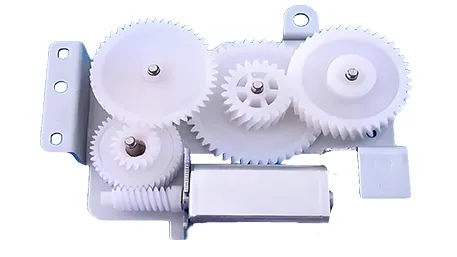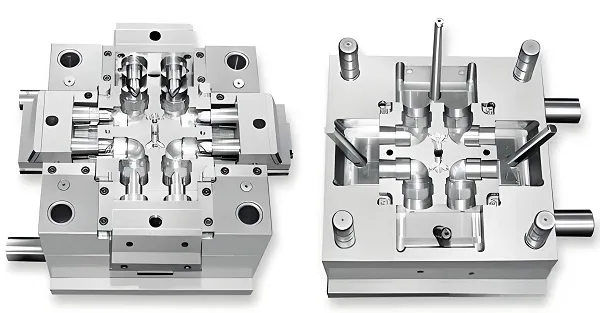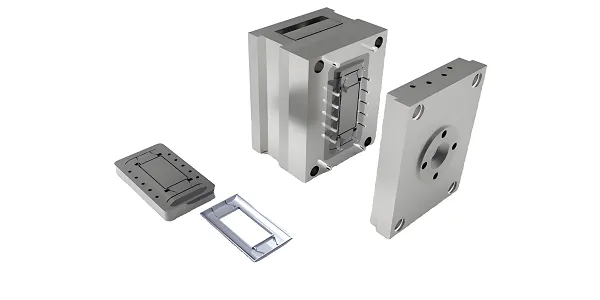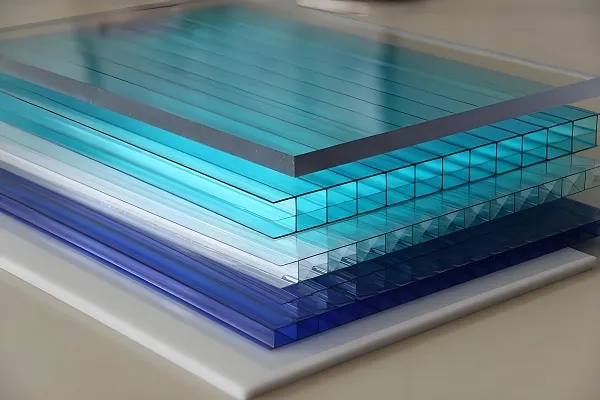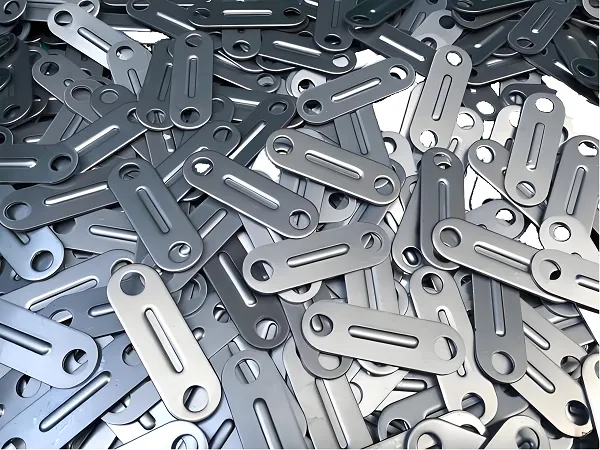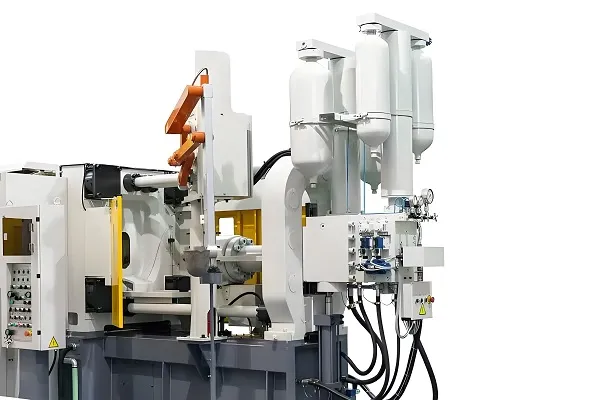Teflon injection molded fittings are products that are processed through the injection molding process using polytetrafluoroethylene (PTFE) material. PTFE is a polymerized polymer compound made of tetrafluoroethylene, which has a very low coefficient of friction, excellent heat and cold resistance, excellent chemical stability and excellent electrical insulation properties, which makes Teflon injection molded parts widely used in many industrial fields.
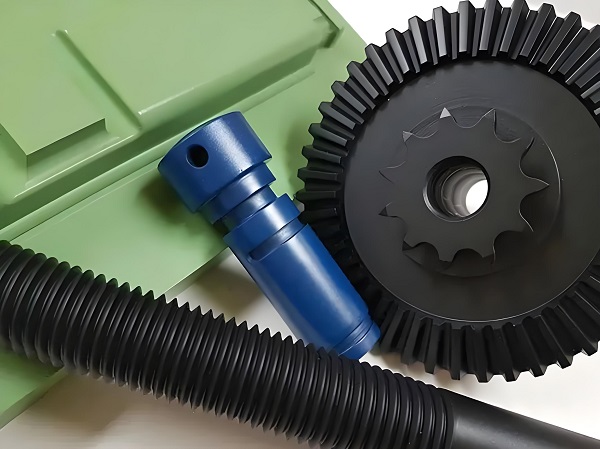
1.Teflon injection molding parts production process
Raw material processing:
Teflon raw materials need to be sieved, dried and other treatments to ensure its good fluidity, so that in the injection molding process can be uniformly filled with molds.
Mold design:
According to the drawings or requirements provided by customers, design the corresponding molds to ensure the dimensional accuracy and surface quality of the products.
Injection Molding:
Add the treated Teflon powder into the injection molding machine, after heating and pressure to make it molded in the mold. Temperature, pressure and time should be strictly controlled to ensure the quality of molded products.
Cooling treatment:
After molding, the Teflon products need to be cooled down, removed from the mold and cooled naturally, so that they can be cured for subsequent processing and use.
Inspection and trimming:
Finished products need to undergo strict testing and trimming to ensure that their dimensional accuracy and surface quality meet the requirements, to avoid cracks, bubbles and other defects.
2.Teflon injection molding parts customization
Demand communication:
In-depth communication with customers to understand their use scenarios, performance requirements and special needs.
Program design:
According to the customer’s needs, provide a variety of design options, including size, shape, color, etc., and assess the feasibility and cost of the program.
Sample making:
According to the solutions confirmed by customers, make samples for customers to confirm.
Batch production:
After the customer confirms the samples, mass production according to the order demand, and make sure the product quality meets the customer’s requirements.
After-sales service:
Provide product use guidance, technical support and after-sales maintenance services.
3.Teflon injection molding parts material introduction
Material: polytetrafluoroethylene (PTFE)
Characteristics:
High and low temperature resistance:
Can be used for a long time in the range of -180 ℃ to 260 ℃, with excellent heat and cold resistance.
Chemical Stability:
Does not react with almost all chemicals and has excellent resistance to acids, alkalis and various organic solvents.
Extremely low coefficient of friction:
One of the smoothest surfaces in the world, with an extremely low coefficient of friction, suitable for use in applications requiring reduced friction and wear.
Excellent electrical insulation properties:
Unaffected by environment and frequency, volume resistance up to 10^18 ohm-cm, low dielectric loss, high breakdown voltage.
4.The characteristics of Teflon injection molded fittings of different materials
Products: Teflon injection molded fittings (including different types of pipes, fittings, seals, etc.)
Data:
PTFE material:
Density: 2.14~2.2g/cm³
Tensile strength: 22~35MPa
Elongation: 200~400%
Heat deflection temperature (0.45MPa): 121°C
FEP material (fluorinated ethylene propylene copolymer)
Maximum use temperature:200℃
Good non-stick properties and chemical stability.
PFA material (Perfluoroalkylated material):
Maximum continuous use temperature: 260°C
With higher stiffness and chemical resistance, suitable for anti-stick and chemical resistance use in high temperature conditions.
Customized Teflon Injection Molded Parts FAQ
Q1:How is the high temperature resistance of Teflon injection molded parts?
A1: Teflon injection molded parts have excellent high temperature resistance and can be used for a long time in the range of -180℃ to 260℃, and some special materials such as PFA can withstand higher temperature.
Q2:How is the chemical stability of Teflon injection molded parts?
A2: Teflon injection molded parts do not react with almost all chemicals, and have strong resistance to acid, alkali and various organic solvents, which is an ideal corrosion resistant material.
Q3: What is the customization process of Teflon injection molded parts?
A3:The customization process of Teflon injection molded parts includes the steps of demand communication, program design, sample production, mass production and after-sales service to ensure that customers’ individual needs are met.
Q4:What are the application areas of Teflon injection molded parts?
A4:Teflon injection molded parts are widely used in medical, chemical, mechanical, electronic, aerospace and other fields, suitable for occasions that require high temperature resistance, corrosion resistance, low friction and other characteristics.

